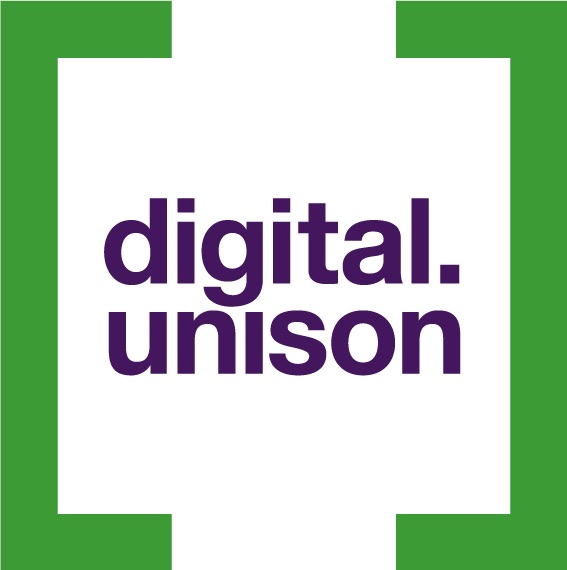Digital citizenship
|
This post is part of EdublogsClub. This week’s prompt is digital citizenship. |
I didn’t publish an EdublogsClub post last week. The prompt was guest blogging. I wrote a post for another blog but I’m not sure when/if it’ll be published. And I couldn’t find anyone to write for mine, or rather, I couldn’t find anyone who knew what they wanted to write for mine.
Digital communication is something I think about a lot, but so is communication. Especially as someone who is interested in working in learning support. I like playing around with digital tools but some of my friends/colleagues would consider me a bit of a whizz and my Dad thinks I’m a brain box. Already we can see that people have different experience and knowledge of digital technology.
My trade union, UNISON, have a digital department. I love it, but I’m biased. Being a kinda techy person, I have often been involved with setting up blogs and databases. I prefer communicating electronically (I mean, you read this so you know) so my trade union’s involvement and promotion of digital tools has been beneficial to me. Their support and work means that I feel confident that I have a place in the union and that my communication preferences are being acknowledged. This may sound like no big deal, but it is to me.
Also, it’s great to geek out with like-minded people. Sometimes we have ideas but the fact is that our members have different levels of (digital) literacy, and some have limited access to computers, and some people – well – we don’t know where they are at the moment. How to you communicate with such a diverse group of people? Blogs have been popular but some people still don’t embrace them. Other social media has been successful but let’s not be content that all engagement is meaningful.
But we live in a world where technology is always changing. We can afford to experiment? Can’t we? Well actually I’m not so sure. As a digital fan, my heart says yes but my brain says wait. I love experimentation but I also love when everyone feels included. It is important to me that when I am communicating my language is inclusive.
I speak about tools often. I do see language as a tool, and I see blogs as a tool, and I see all things that enable my message to get to you as a tool. Obviously the perfect solution is to have all the tools under my belt and whip them out when they are needed.
The more I think of digital citizenship and digital communication the more I think isn’t it just citizenship and communication? Should we afford our digital interactions the same consideration as all our other interactions? I think yes.
Finally, he’s one of my favourite videos about internet. Because legality is something I hear people talking about when it comes to digital citizenship.

Fascinating video, Nina. Thanks so much for sharing–it’s an eye-opener!
BrP